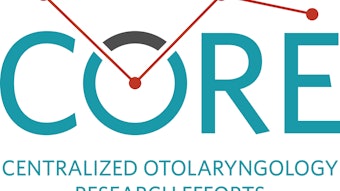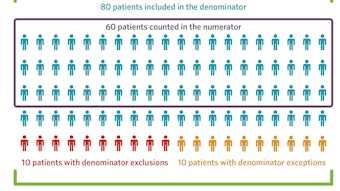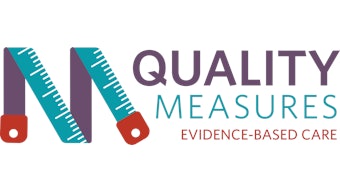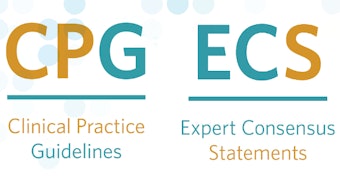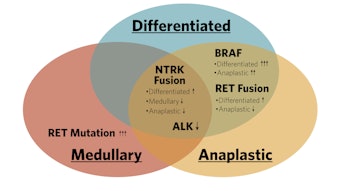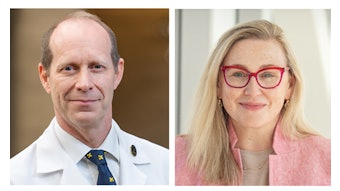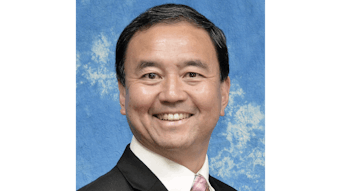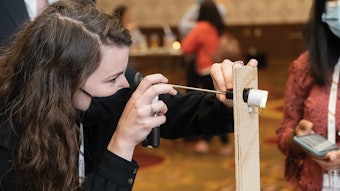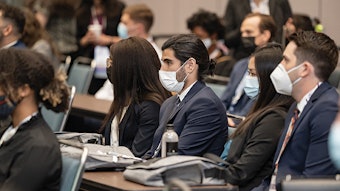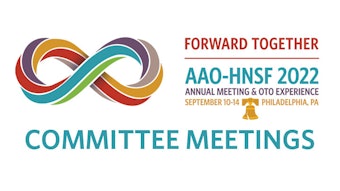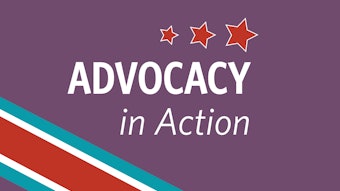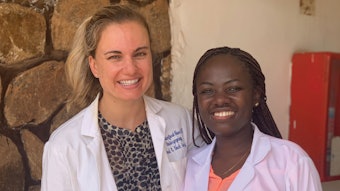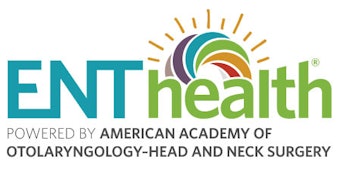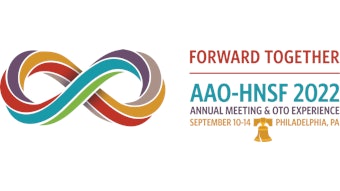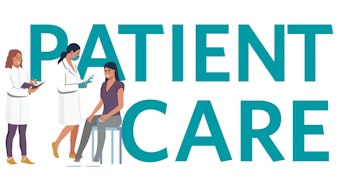CORE Spotlights
Raj C. Dedhia, MD, MSCR, Daniel L. Faden, MD, and Aaron K. Remenschneider, MD, MPH, share their experiences with the CORE program.
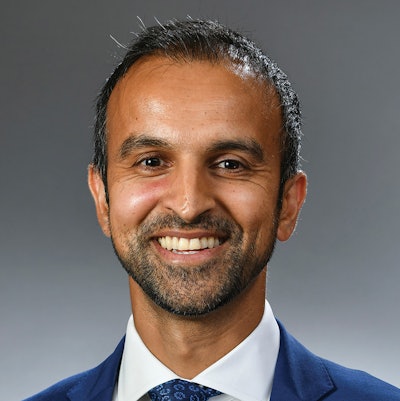
Raj C. Dedhia, MD, MSCR
Associate Professor of Otorhinolaryngology and Medicine, University of PennsylvaniaWith the support of the faculty at the University of Pittsburgh, I applied to be a CORE reviewer in 2012 as a PGY-3 resident. I vividly recall being awestruck during my first grant review session, listening to the intellectual giants in our field discuss each grant application. Quickly I appreciated the necessary elements of a quality proposal as well as the nuances of a well-constructed approach section. This training environment is simply invaluable for any aspiring otolaryngologist-scientist. Undoubtedly, my service on CORE over the past nine years has steepened my research trajectory. I received the Rande H. Lazard CORE Research Award in 2014, Triological Society Career Development Award in 2017, and, most recently, a National Institutes of Health R01 Award in 2020.
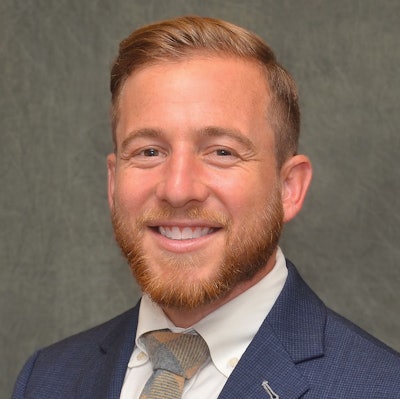
Daniel L. Faden, MD
Mass Eye and Ear Assistant Professor, Department of Otolaryngology-Head and Neck Surgery, Harvard Medical School Associate Member, Broad Institute of MIT and HarvardThe CORE grant program has been a critical aspect of my development as a head and neck cancer surgeon-scientist and is interwoven into my success obtaining funding early in my career. I have been lucky enough to be the recipient of three CORE grants, the first as a PGY-3 resident, a second when I was a head and neck fellow, and a third during my first year as an attending, each progressively larger. These grants taught me how to organize my thoughts into a competitive application and were instrumental in helping me build a track record of funding. The year after my first CORE grant, I began as a resident reviewer and have continued this through present day. Serving as a reviewer was also a critical component of learning how to construct a good grant and write grants from the perspective of a reviewer. The skill sets I obtained writing my CORE grants and reviewing CORE grants not only were instrumental in influencing me to pursue a career as a surgeon-scientist but also translated into success in National Institutes of Health grant applications, first obtaining a KL2, then K23, then R03, etc. Lastly, through the CORE Study Section, I have met like-minded colleagues who have become friends, and I have cultivated a network of individuals with similar goals and experiences. I would encourage all residents to apply for CORE grants and for those interested in exploring a career as a surgeon-scientist, to apply for a position as a resident reviewer.

Aaron K. Remenschneider, MD, MPH
Division Director of Otology, Associate Professor of OtolaryngologyUMass Memorial Medical Center, UMass Chan Medical School
Participating in the AAO-HNSF CORE grant review program has been instrumental to my career development as a surgeon-scientist. An invitation to join CORE Study Section review as a resident provided a unique pathway to sharpen my critical writing and reviewing skill at an early stage. I have no doubt that exposure to the process of grant review strengthened my early proposals and led to a successful National Institute on Deafness and Other Communication Disorders K08 award as junior faculty. My ongoing participation on the CORE Study Section ensures I can give back to our Academy through thoughtful, constructive reviews for applicants. In addition, the network of colleagues within the review community has provided a wonderful source of collaboration, education, and friendship.


